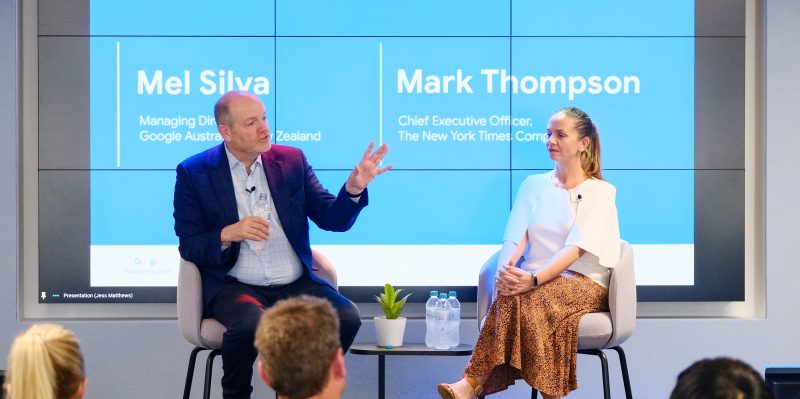Publishers who think they can build a business on cutting newsrooms are ‘deluding themselves’: NYT CEO
New York Times CEO Mark Thompson has slammed publishers which believe they can create a profitable business by slashing numbers in newsrooms.
Speaking to Google Australia managing director Mel Silva, Thompson said he doesn’t understand how that can lead to a viable business model. His comments come as several publishers have slashed newsrooms in recent months, including Buzzfeed and Vice.



Mr Thompson’s business philosophy is so simple and so true …basic!
A very precise description of how Hywood and Corbett killed Fairfax.